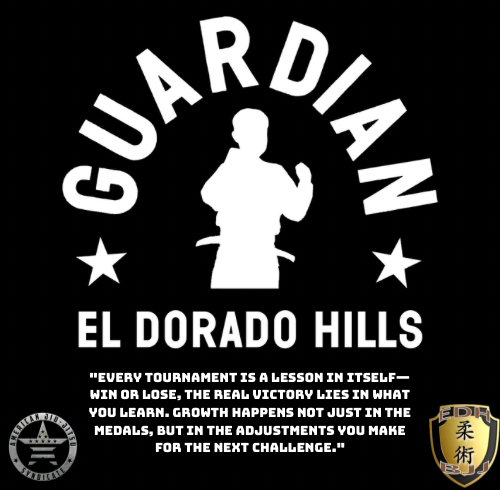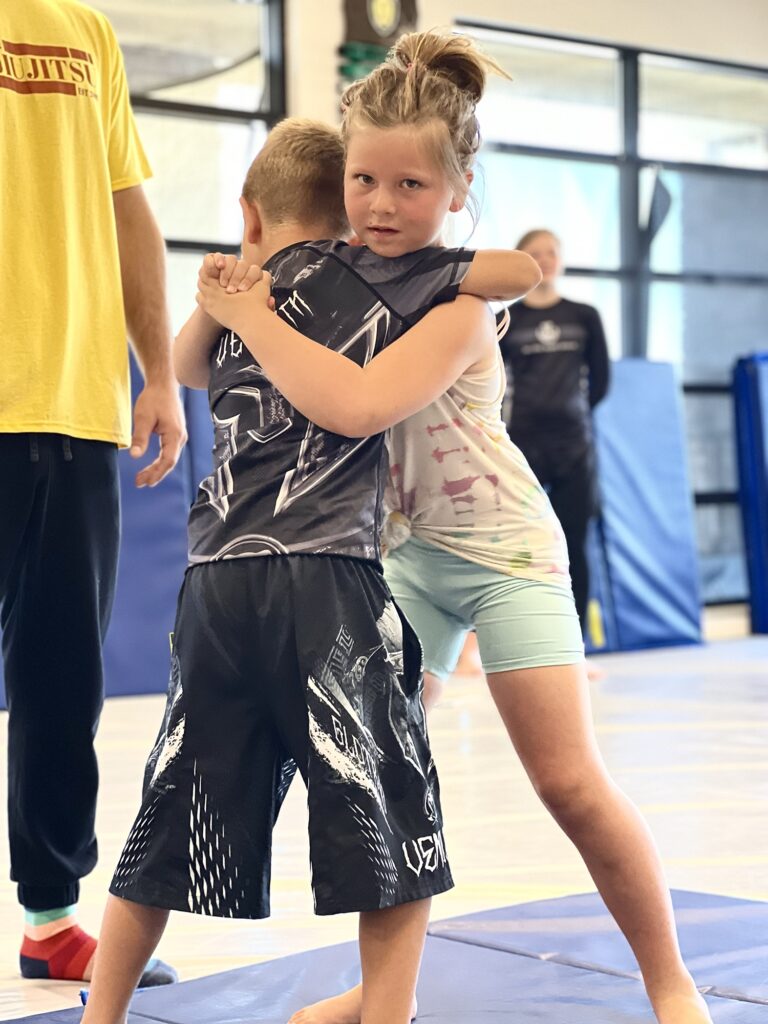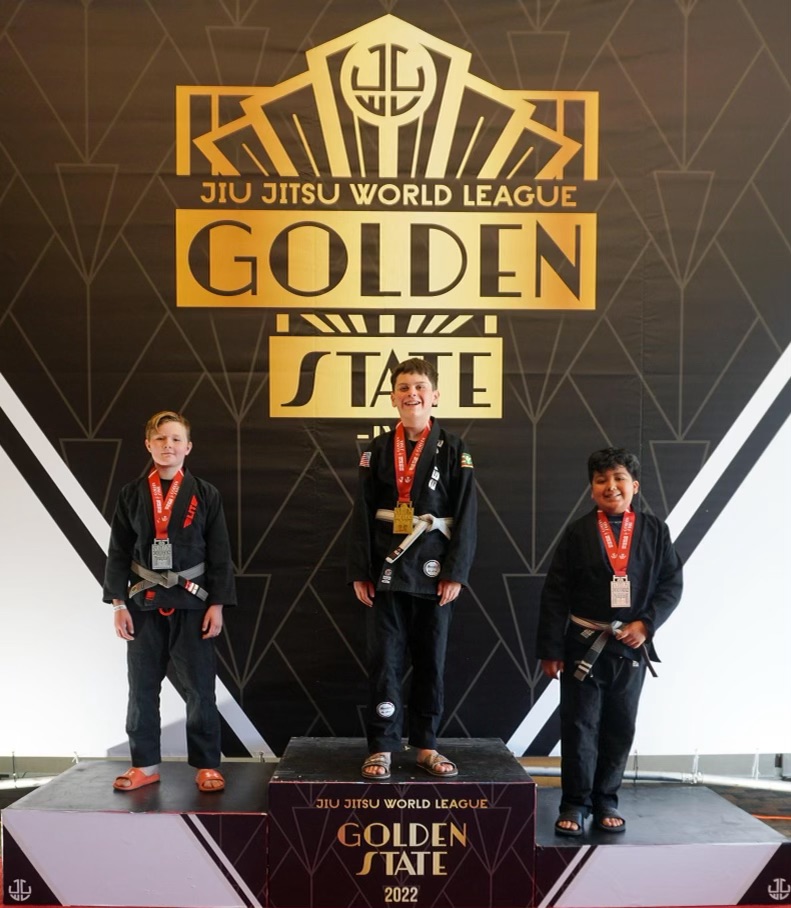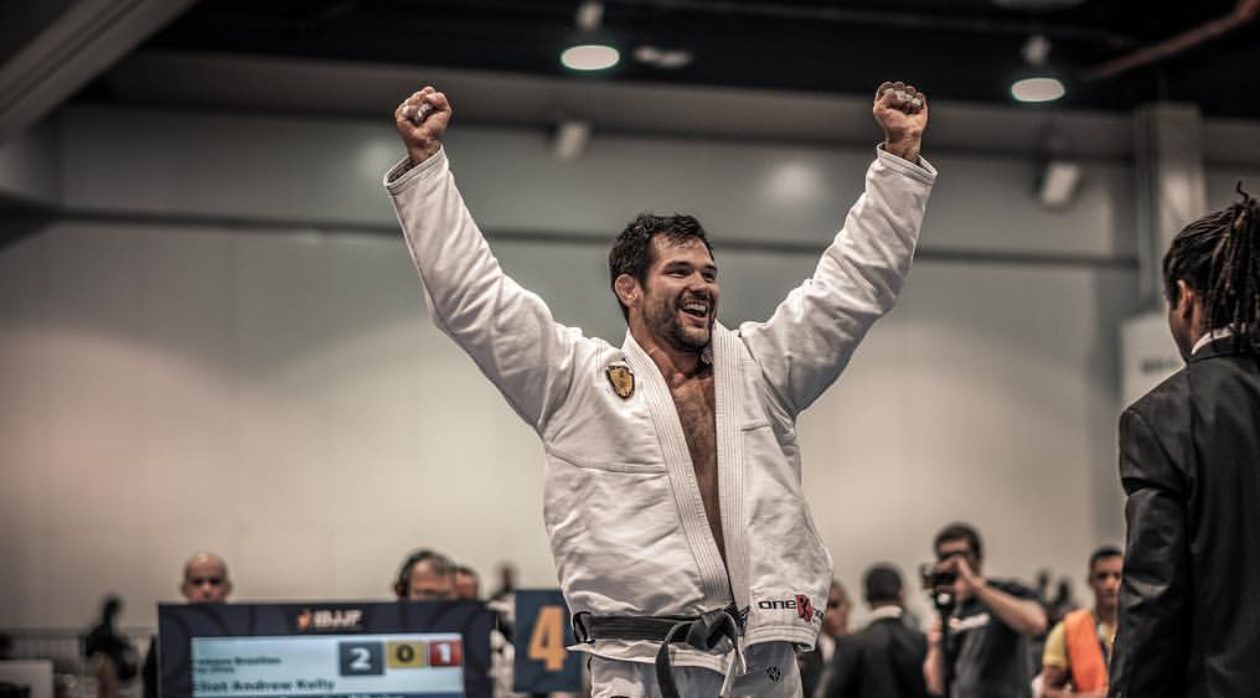At El Dorado Hills Jiu Jitsu, we believe that learning is best achieved through experience. Whether you’re drilling an armbar, learning a new guard pass, or rolling during open mat, every moment on the mat is an opportunity to grow. David Kolb’s Experiential Learning Cycle provides an excellent framework for understanding how we learn from these experiences and apply them to improve over time.
Kolb’s model consists of four stages that form a continuous loop: Concrete Experience, Reflective Observation, Abstract Conceptualization, and Active Experimentation. Let’s explore how these stages connect to Jiu Jitsu training.

1. Concrete Experience
The journey begins with hands-on experience. In Jiu Jitsu, this could be your first attempt at a technique, like a scissor sweep, or your first live roll with a training partner. These experiences provide the raw material for learning.
• On the mat: You try a sweep during sparring but end up losing positioning and getting your guard passed. While it might feel frustrating, this moment is crucial because it sets the stage for growth.
2. Reflective Observation
After the experience, it’s time to reflect. What went well? What didn’t? This stage is all about analyzing what happened to uncover patterns, strengths, and areas for improvement.
• On the mat: You think back to your failed sweep attempt. Was your opponent’s weight too centered? Did you forget to block their arm? By observing and questioning, you begin to identify the reasons behind the outcome.

3. Abstract Conceptualization
This is where you form theories or strategies based on your reflections. You might discuss the technique with your coach, watch instructional videos, or visualize how to make adjustments for the next attempt.
• On the mat: You realize that controlling your opponent’s posture and momentum is critical for a successful sweep. You commit to focusing on these elements during your next practice.
4. Active Experimentation
Now it’s time to test your new understanding. Armed with your insights, you apply the updated strategy during your next training session. This stage completes the learning cycle and begins it anew, as each experiment becomes another concrete experience.
• On the mat: You try the sweep again, this time controlling your opponent’s posture. It works! Even if it doesn’t, you’ve gathered more data to refine your approach further.
The Cycle in Action
Kolb’s cycle emphasizes that learning is not a one-time event but a continuous process. In Jiu Jitsu, this loop repeats every time you step on the mat. Each mistake, success, and adjustment propels you forward.
Why Kolb’s Cycle Matters in Jiu Jitsu
• Individualized Learning: Everyone progresses through the cycle at their own pace. Whether you’re a white belt or a seasoned black belt, the process remains the same: experience, reflect, conceptualize, experiment.
• Building Resilience: The cycle normalizes setbacks as part of the journey. Mistakes are not failures—they’re opportunities to learn.
• Encouraging Curiosity: By reflecting and experimenting, students become active participants in their learning, fostering a deeper understanding of techniques and concepts.

Putting It Into Practice
At El Dorado Hills Jiu Jitsu, we encourage our students to embrace this cycle:
• Experience: Attend classes regularly and immerse yourself in drills and sparring.
• Reflect: Take time after training to think about what you learned. Keep a journal or discuss your experiences with teammates.
• Conceptualize: Watch videos, ask questions, and think critically about how to improve.
• Experiment: Come back to the mat ready to test your ideas, knowing that every session is another step forward.
Kolb’s Experiential Learning Cycle reminds us that mastery in Jiu Jitsu is a journey shaped by experience and reflection. Whether you’re a beginner learning your first guard pass or a seasoned competitor refining your game, the process never ends.
Ready to start your own learning cycle? Join us at El Dorado Hills Jiu Jitsu and discover how learning through experience can transform your Jiu Jitsu.
